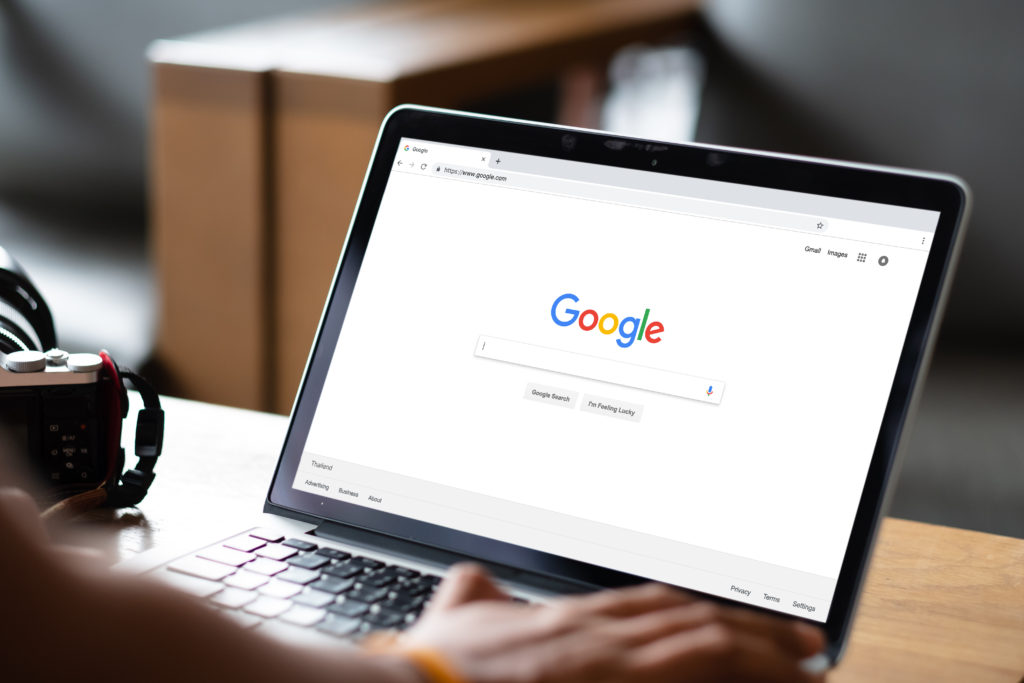As a small business owner, navigating the world of digital marketing can be overwhelming. You’ve likely heard about SEO (Search Engine Optimization) and PPC (Pay-Per-Click) advertising as ways to grow your online presence, but deciding which is right for your business can be a challenge.
Both SEO and PPC are powerful tools for increasing visibility, driving traffic, and ultimately growing revenue, but they work in different ways. Let’s dive into what each strategy offers and how to determine which one (or both) will help your small business thrive.
What is SEO?
SEO refers to the process of optimizing your website to rank higher in organic (unpaid) search engine results. It involves improving various aspects of your site and content to make it more attractive to search engines like Google.
Key Components of SEO:
Keyword Research – Identifying and targeting the keywords your potential customers are searching for.
On-Page Optimization – Improving elements on your website, such as meta descriptions, title tags, and content, to align with search engine algorithms.
Technical SEO – Enhancing site speed, mobile-friendliness, and other technical factors to improve search rankings.
Backlink Building – Acquiring high-quality links from other reputable websites to boost your domain authority.
Advantages of SEO:
Cost-Effective – Organic traffic is free; once you rank, you don’t pay for clicks.
Long-Term Results – SEO efforts can deliver sustained traffic over time.
Credibility & Trust – Organic search results are seen as more trustworthy by users.
Drawbacks of SEO:
Takes Time – SEO is a long-term strategy, and it can take months to see results.
Constant Updates – Search engine algorithms are constantly changing, meaning you’ll need to adjust your SEO tactics regularly.
What is PPC?
PPC refers to paid advertising, where businesses pay a fee each time their ad is clicked. PPC ads typically appear at the top of search engine results pages, above the organic results. The most popular platform for PPC is Google Ads, but social media platforms like Facebook and Instagram also offer paid ad options.
Key Components of PPC:
Keyword Targeting – Bidding on keywords relevant to your business so your ads appear when users search for them.
Ad Copy & Design – Creating compelling ads that encourage users to click through to your website or landing page.
Budget Management – Setting a budget to control how much you’re willing to pay per click and per day.
Landing Pages – Directing users to optimized landing pages designed to convert traffic into leads or sales.
Advantages of PPC:
Instant Results – Your ads can start driving traffic as soon as your campaign is live.
Control Over Budget – You can set and adjust your budget at any time.
Precise Targeting – You can target specific demographics, locations, and even times of day to reach the right audience.
Drawbacks of PPC:
Costs Can Add Up – Unlike SEO, you pay for each click, so costs can accumulate quickly if you’re not careful with your budget.
Temporary – Once you stop paying, your ads disappear, and so does your traffic.
Ad Fatigue – Users may become less responsive to ads over time, requiring new creative strategies to maintain performance.
SEO vs. PPC: Which is Right for Your Small Business?
When deciding between SEO and PPC, the right choice depends on your business goals, budget, and the level of competition in your industry.
Choose SEO if:
You’re in it for the long haul: SEO is a long-term investment that builds credibility and delivers sustainable results over time.
You have a limited budget: If you don’t want to spend a lot upfront, SEO can help you grow your business gradually with minimal ongoing costs.
You want to build trust: Users often trust organic search results more than ads, making SEO an effective way to build brand authority.
Choose PPC if:
You need immediate traffic: If you’re launching a new product, service, or promotion and need quick visibility, PPC can deliver fast results.
You have a flexible budget: PPC can be a great option if you’re willing to allocate funds to paid campaigns, knowing that costs are ongoing.
You want to target specific audiences: PPC allows you to narrow down your audience based on specific criteria like location, age, or interests, ensuring your ads are shown to the right people.
Can You Combine SEO and PPC?
Absolutely! Many small businesses find that a combination of SEO and PPC offers the best of both worlds. You can use PPC for short-term gains and immediate visibility, while investing in SEO for long-term growth and sustained traffic. By running both strategies simultaneously, you’ll capture potential customers through both paid and organic search results, maximizing your online presence.
Both SEO and PPC are valuable digital marketing strategies that can help your small business grow. The choice between them depends on your goals, timeline, and budget. If you’re looking for immediate results and have a flexible budget, PPC might be the way to go. However, if you’re focused on long-term growth and building a strong, credible online presence, SEO is a great option.
If you’re still unsure, reach out to the team at Click Canyon to develop a strategy tailored to your business. The right approach could be a mix of both, ensuring you’re reaching your target audience through multiple channels.

